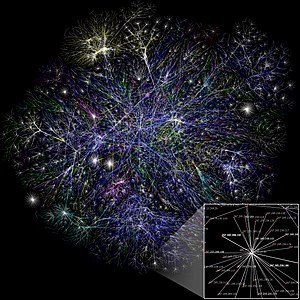I woke up this morning to a very strange and unpleasant mention on Twitter:
http://twitter.com/usamasheriff/status/30143794527608832
Of course, it’s always possible the Israeli Right is, well, right, and that like all lefties I’m an unwitting copywriter for Hamas… But it’s unlikely, so I dilligently applied Occam’s Razor and concluded it must be a typo (okay, I mean I took a guess), and followed the link to see what it’s all about. It turned out to be an auto-generated newspaper-esque page of content — powered by paper.li — collected from tweets with the #Hamas hashtag, conveniently called “The #hamas Daily” — which is this case sounds like an official Hamas publication.
Since one of my posts yesterday was about topics related to Hamas and since I apply an excessive amount of tags, which Feedburner selectively-but-automatically turns into hashtags when tweeting my posts (see tweet below), I ended up being an unwitting copywriter for Hamas, who incidentally would like to kill almost everyone I love.
http://twitter.com/msappir/status/29931993890291713
I never used to believe it when they said machines will rise up to destroy us… But now I’m starting to see it… A conspiracy of half-intelligent automatons, interacting on the wild Internet, producing their own newspapers and slanderous tweets… They are the real enemy!!






